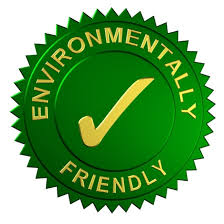
First Devon Energy in Oklahoma City announced a move to cut methane gas emissions in an effort to be environmentally friendly.
Now Williams Cos. of Tulsa has done the same thing. The company announced it has joined the Our Nation’s Energy Future Coalition, a natural gas industry-led group dedicating to voluntarily achieving meaningful reductions in methane emissions across the natural gas value chain.
In the announcement, Williams said the move was made “highlighting its focus on corporate responsibility and sustainability.”
“Williams is proud to partner with ONE Future and the other member companies in demonstrating our ongoing commitment to environmental responsibility,” said Alan Armstrong, Williams’ president and chief executive officer. “As an industry leader that handles approximately 30% of the nation’s natural gas, Williams supports effective, voluntary programs to reduce emissions.”
Williams stated that it continues to make strides in reducing greenhouse gas emissions from its operations. Since 2012, reported methane emissions from Williams’ gas processing plants and transmission compressor stations have been reduced by more than 53%, even while increasing throughput at these facilities by 21%.
As a Natural Gas STAR Program member since its inception in 1993, Williams successfully implemented and reported pressure-reduction using recompression to lower gas-line pressure before pipeline maintenance. In 2018, this recompression program resulted in a reduction of pipeline blowdown greenhouse gas emissions by 83.5% at Williams. Additionally, in August 2018, Williams and other members of the Interstate Natural Gas Association of America made a commitment to continuously minimize methane emissions from interstate natural gas transmission and storage operations.
Williams is the 17th company to join ONE Future since the organization began in 2014. ONE Future was formed when eight companies came together with a focus to collectively achieve a science-based average rate of methane emissions across its facilities to one percent (or less) of total natural gas production by 2025. The organization now includes companies accounting for some of the largest natural gas producers, transmission and distribution companies in the U.S.






